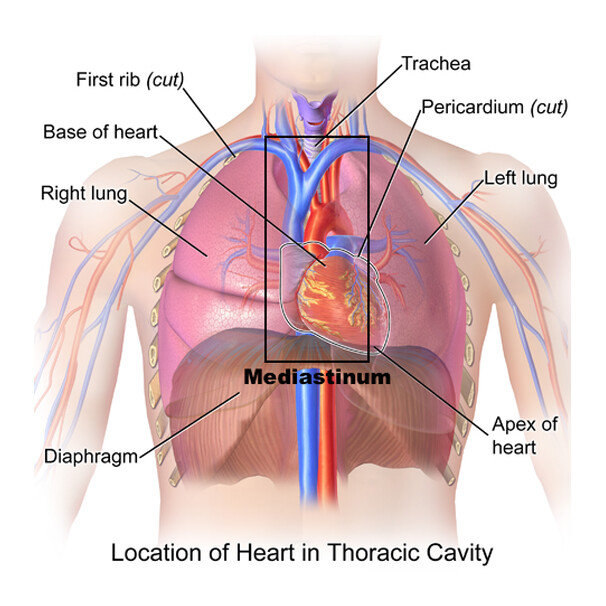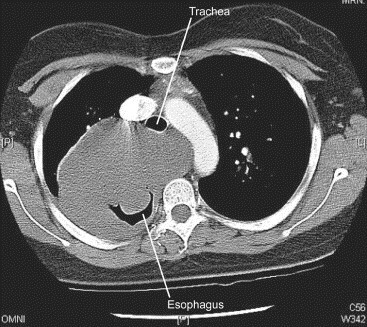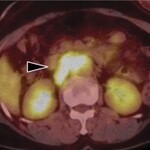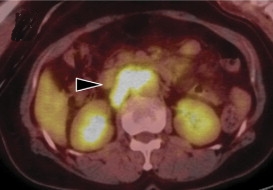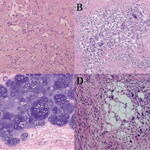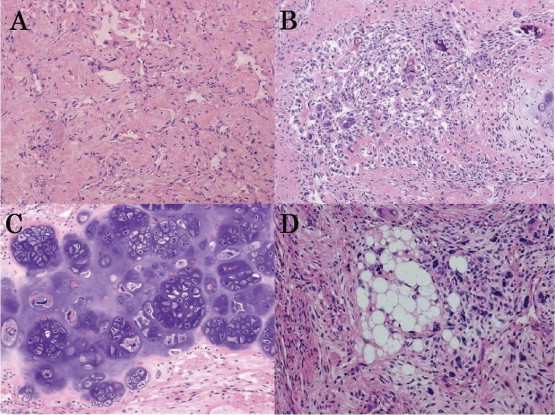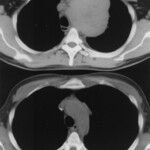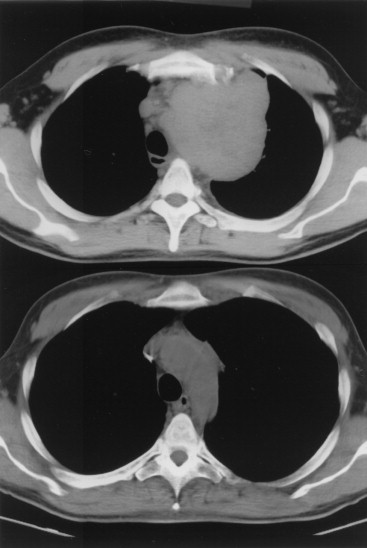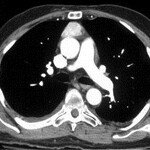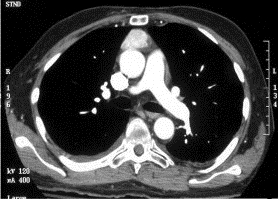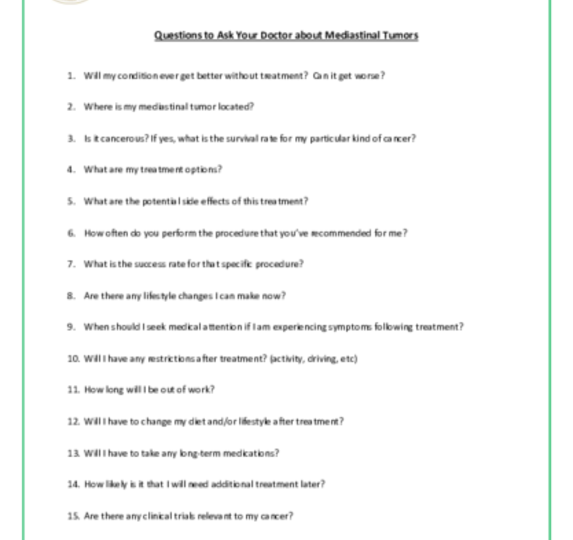Mediastinal Tumors
The mediastinum (me′de-ah-sti′ num) is the chest cavity between the lungs that contains the heart, esophagus, trachea, and other structures. Mediastinal tumors are rare. They are usually diagnosed in patients age 30 to 50 years, but they can develop at any age.
Cells are the building blocks that make up the tissue and organs in your body. Old or damaged cells usually die, and new cells take their place. But sometimes, the process goes wrong or a single cell starts to grow uncontrollably until it becomes a mass of tissue called a tumor.
Sometimes, tumors are non-cancerous (benign) and are not life threatening; other times, the tumors are cancerous (malignant) and can invade surrounding tissues or spread to other areas of the body. Tumors can arise from any different type of cell, including bone, muscle, nerve cells, etc.
Treatment varies depending on the type of mediastinal tumor and symptoms.
As with any surgery or procedure, there are risks involved.

